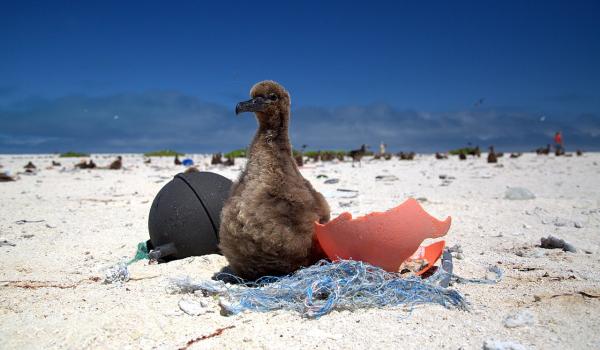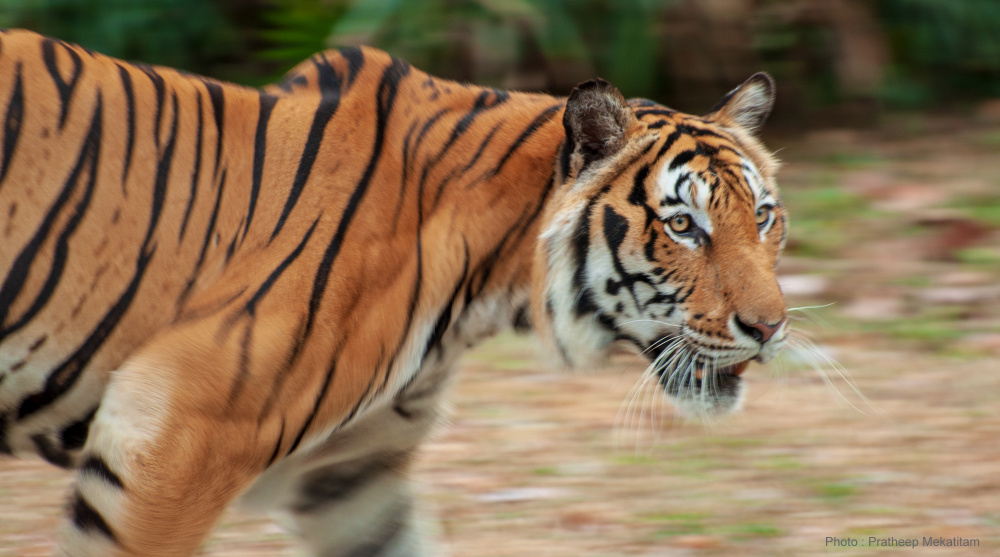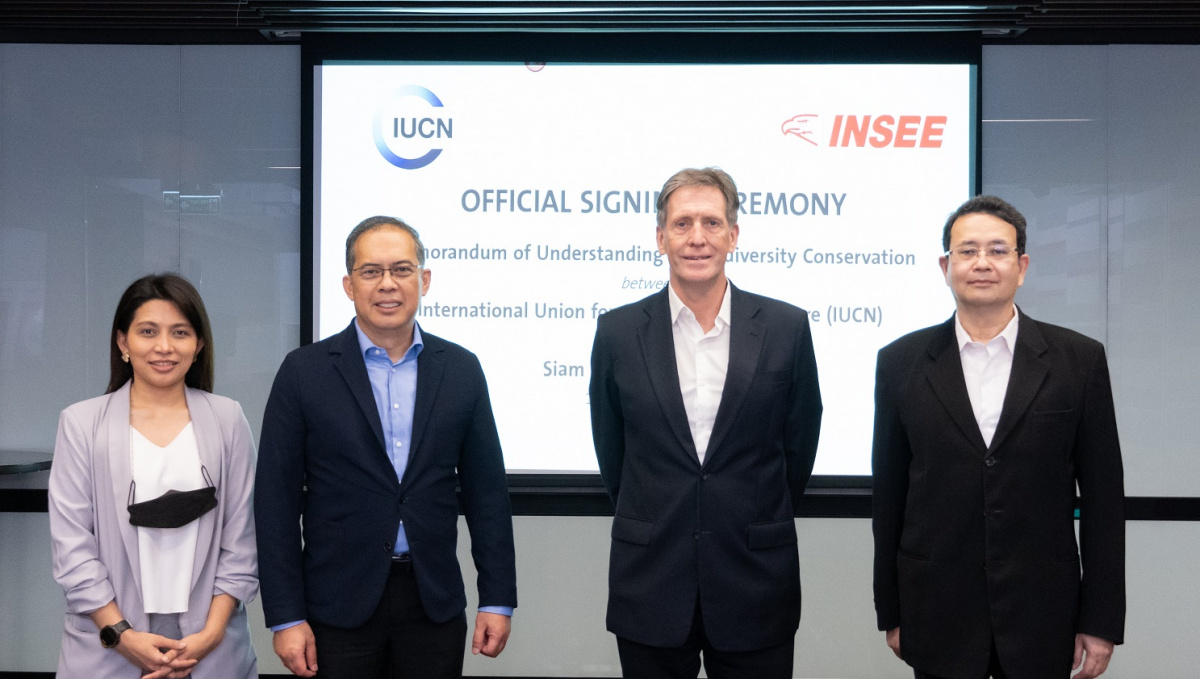Thai Buddhist council announces ban on ceremonial bird trade.
Recently the Thai Society for the Prevention of Cruelty to Animals or TSPCA, an IUCN member, met with the National Office of Buddhism to discuss the notion of banning the captive bird trade stemming from ceremonial customs, which was then presented to the Sangha Supreme Council of Thailand, the governing body for all temples in the country.
With a short film launched in 2016 entitled “Releasing bird, Merit or sin?”, TSPCA aims to build public awareness about the serious negative impacts of the captive bird releasing trade and to stop the practice of releasing birds for the purpose of the ceremony. According to some Buddhist beliefs, releasing birds from cages is a good act that reduces bad luck or misfortune.
Buddhists free captive birds and animals in order to attain merit for themselves and loved ones. Two previous studies indicated that approximately 700,000 birds pass through the local trade annually. In Cambodia, the researchers recorded a total of 57 bird species in cages, including near-threatened Asian golden weavers and vulnerable yellow-breasted buntings.
The bird selling business custom in most temples began because rice farmers used to capture birds to prevent them from damaging their rice paddies. These birds were taken to temples and other spiritually significant locations and traded to worshippers via middlemen, who bought the captured birds from the farmers. The customers were asked to pay up to 30 Baht per bird or between 200 and 500 Baht for a group of 6 to 10 birds. The middlemen only paid the farmers 4 Baht on average. As this custom expanded and became more mainstream opportunists started to capture birds for commercial reasons only.
Most of the captured birds belong to the Estrildidae family. The Scaly-breasted munia (Lonchura punctulata) is the most common. Even though this bird is classified as Least Concern by IUCN Red List of Threatened species™, it has been designated as a protected animal under Thai law. According to the Wildlife Preservation and Protection Act, BE 2535 (1992), anyone who trafficked and occupied wildlife without permission was sentenced to four years imprisonment and a fine of 40,000 Thai baht.
“We are not against the bird releasing but we want to highlight to the public that having birds in cages to release during ceremony is cruel. Long transport durations, cramped cages and a shortage of food or water means that many birds are found dead upon arrival. Infant birds in the wild die of hunger waiting for their parents to fly back with food. Supporting the bird releasing business is the same as supporting a sin business.” Emphasised Mr Teerapng Pangsriwong, President of TSPCA.
Many temples in Bangkok have started a public campaign to ban bird selling and allowed TSPCA to set up signage encouraging people not to support bird capture and release trade. “If I find anyone selling birds, I will warn and ask them to leave. No one likes being kept in a cage. Birds are the same as us. How does it feel?” said a monk from Thep Leela Royal Temple.
The statement made by Bangkok’s temples has set a great example for the rest of the country to change old practices towards wildlife conservation and sustainability. TSPCA has demonstrated to the world that Thailand is a caring nation whose Buddhist principles extend to its non-human population as well. With this partnership, TSPCA and IUCN will continue to cooperate with private and public sector organisations to protect animals and conserve the environment.







